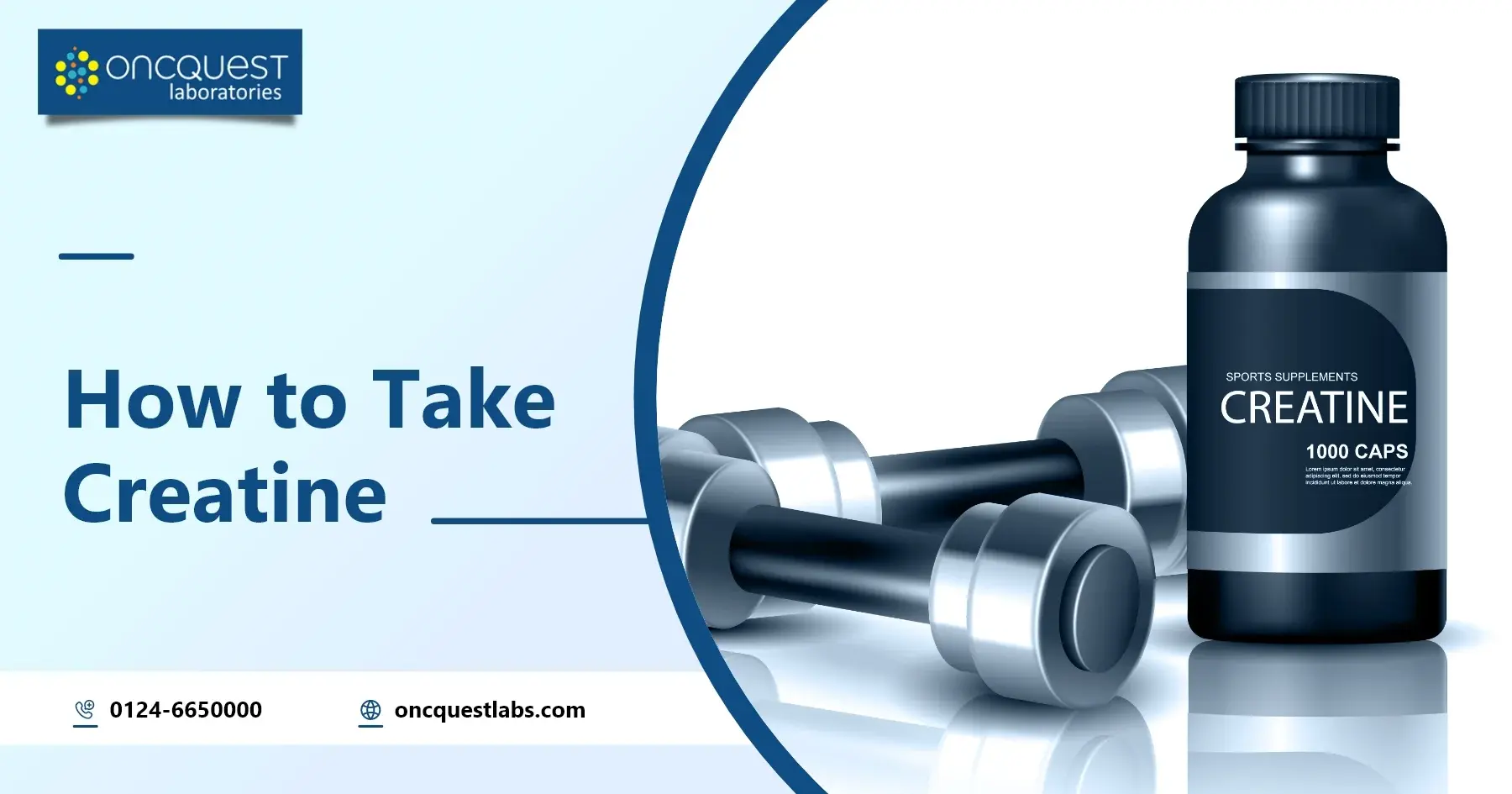It has been demonstrated that eating supplements containing creatine improves the energy flow to muscle cells both during and after workouts. So what dosage is the most beneficial? We recommend three to five grams of creatine each day. The most extensively studied and used kind of supplement is creatine monohydrate. This can be added to drinks or other goods like energy bars, pills, or capsules.
Contents
Intake of creatine in powder form
Supplements in general, including creatine monohydrate, are frequently found as powders that must be dissolved by mixing with juice or water. Warm water or tea help to speed up the dissolving process. Even though creatine monohydrate dissolves a little more slowly in cold water or other cold liquids, its effectiveness doesn’t change. Its bioavailability is higher than 95% once ingested. Additionally, it makes sense to take creatine with a meal or sugary beverage (like grape juice), as insulin facilitates the body’s ability to absorb creatine. However, consuming creatine or creatine supplements without sugar-filled beverages yields similar results. It is not recommended to take creatine and a lot of simple carbohydrates at the same time.
How creatine and caffeine affect muscles and health?
Most people think there is a bad interaction between pure caffeine and creatine. However, there are still no conclusive findings from this topic’s research. Caffeine concentrations ranging from 5 to 7 mg per kg of body weight were used in the tests (350–490 mg of caffeine for an individual weighing 70 kg). While no negative impacts on creatine storage or muscle growth were observed, there may have been an influence on the development of explosive strength or the efficiency of sprinting. It is impossible to say for sure whether consuming caffeine in combination with creatine should be restricted. In any event, one should avoid consuming large amounts of caffeine right before a hard activity for safety reasons.
Intake creatine in capsules and chewable tablets
Chewing tablets or capsules contain the same amount of creatine as regular pills. Tablets typically contain approximately 1 g, whereas capsules typically contain 750 mg each. Three to five grams should be taken each day. Even now, the most researched and trustworthy type of creatine is still monohydrate. There are several types of creatine besides creatine monohydrate and typical salts with enhanced solubility like citrate or pyruvate. They haven’t been studied as much, though, and they’re illegal in many nations. Additionally, they are typically more costly than the monohydrate form. The idea that more recent creatine compounds are superior to creatine monohydrate is not supported by scientific data. Creatine ethyl ester is one instance of this (CEE). This substance does not separate into individual salt and creatine components when consumed, in contrast to soluble creatine salts. Although the body absorbs creatine monohydrate almost entirely, research indicates that in the gastrointestinal system, CEE quickly breaks down into an inactive form of creatinine.
Side effects and safety of creatine
One of the most thoroughly studied supplements on the market, investigations on creatine over a 4-year period show no adverse effects. When taken in typical dosages by healthy individuals, creatine damages the kidneys and liver. Nevertheless, before using supplements, persons with a history of liver or renal issues should speak with their physician. Despite the fact that cramping and dehydration are often linked to creatine.
Frequently asked questions
Q1: What is the best way to take creatine?
A1: There are three primary alternatives for when to take creatine on days that you work out. It can be taken right before an exercise session, right after a workout, or at a different time altogether. You can also choose to take your daily dose in smaller doses throughout the day.
Q2: How do you properly drink creatine?
A2: The ease of use of creatine is one of its many wonderful qualities. Once a day, mix 5g of powdered creatine monohydrate with water, BCAAs, or any other cold beverage. Alternatively, if you find it more convenient, utilize creatine supplements like our tablets or capsules. Examine the Micronized Creatine Monohydrate from PhD.
Q3: Do you mix creatine with water?
A3: It’s common to find creatine monohydrate and supplements in general as a powder that needs to be mixed with juice or water for dissolution. Tea or warm water facilitates the dissolving process. While it dissolves a little more slowly in cold water or other cold beverages, the effectiveness of creatine monohydrate remains the same.





